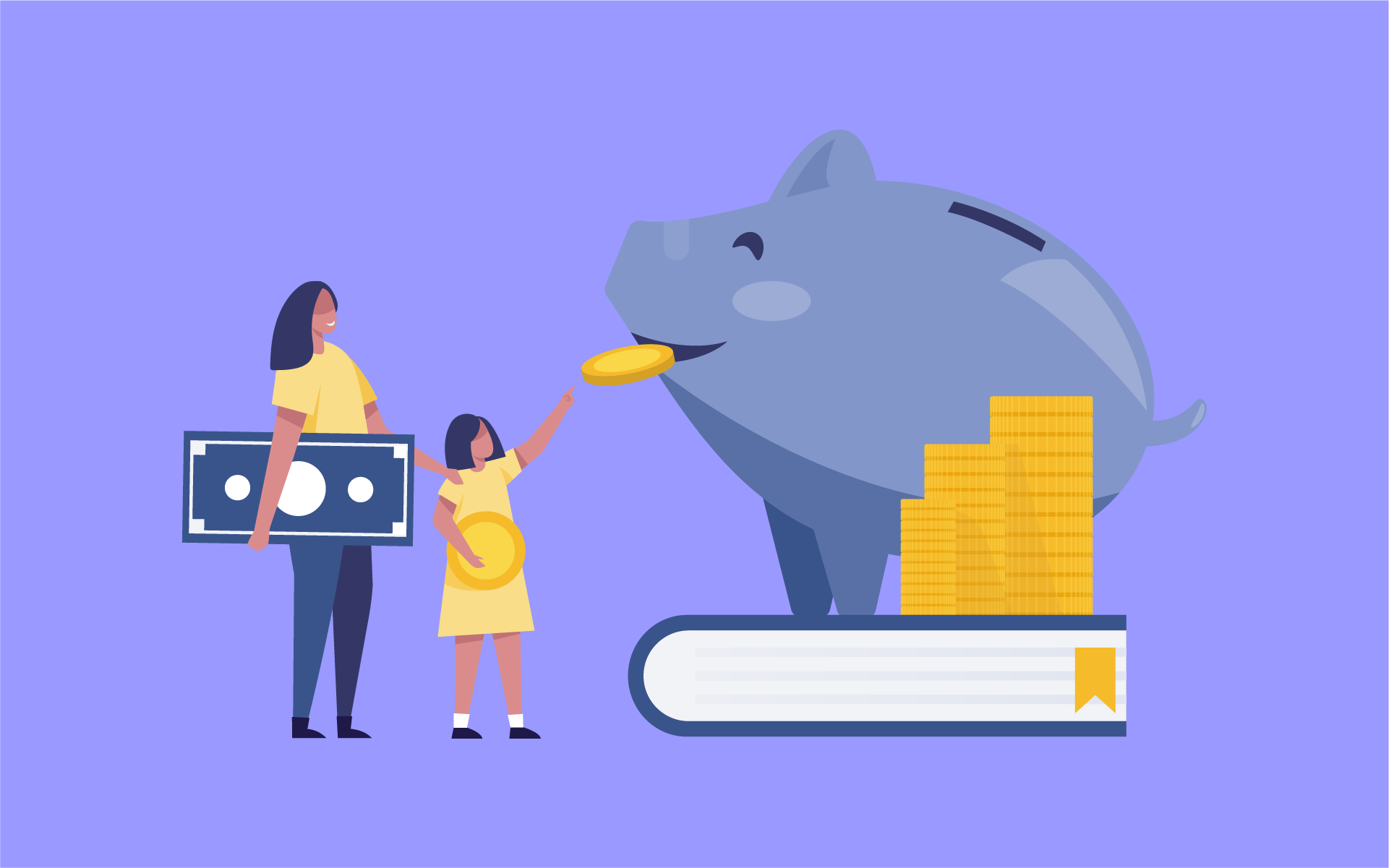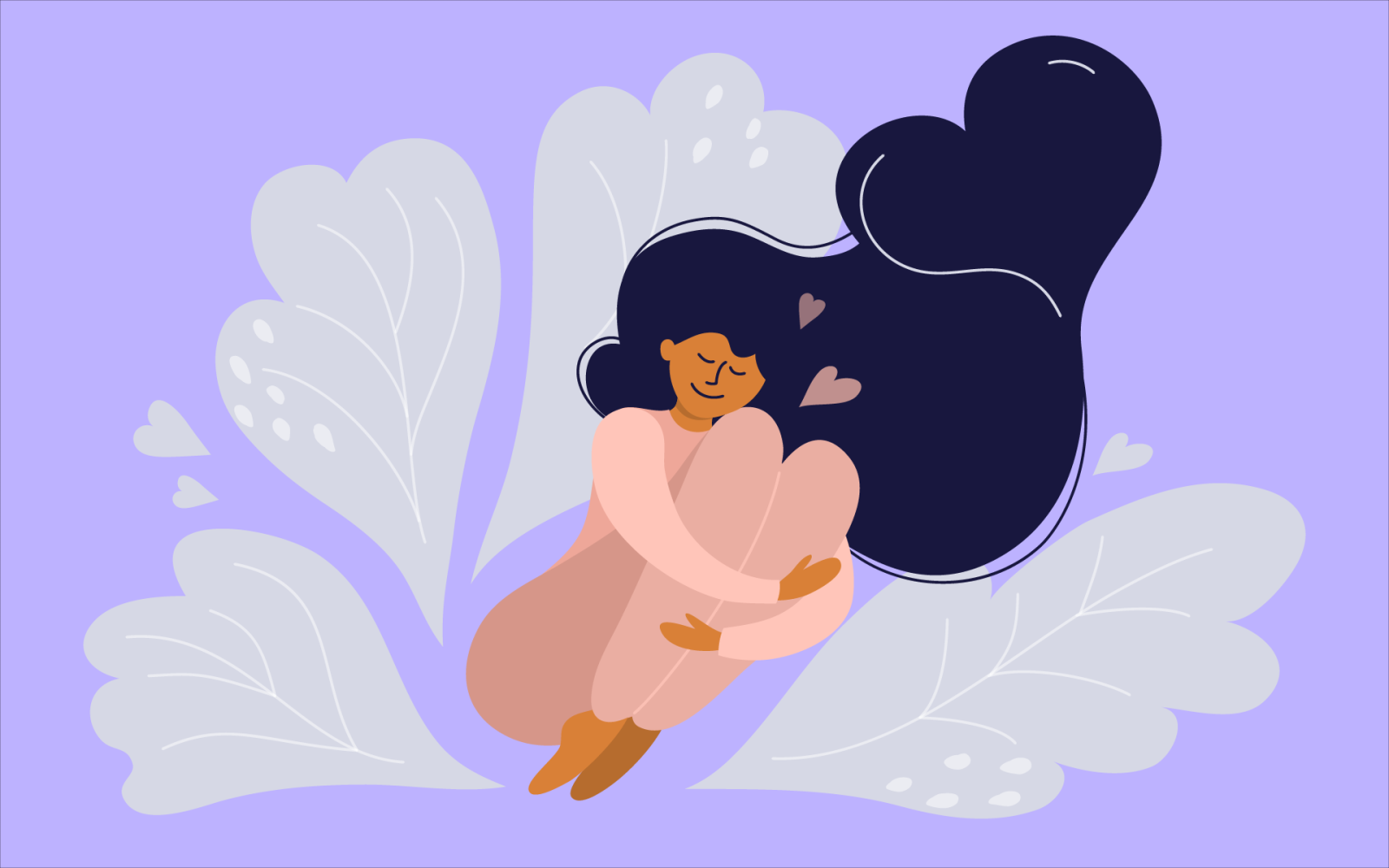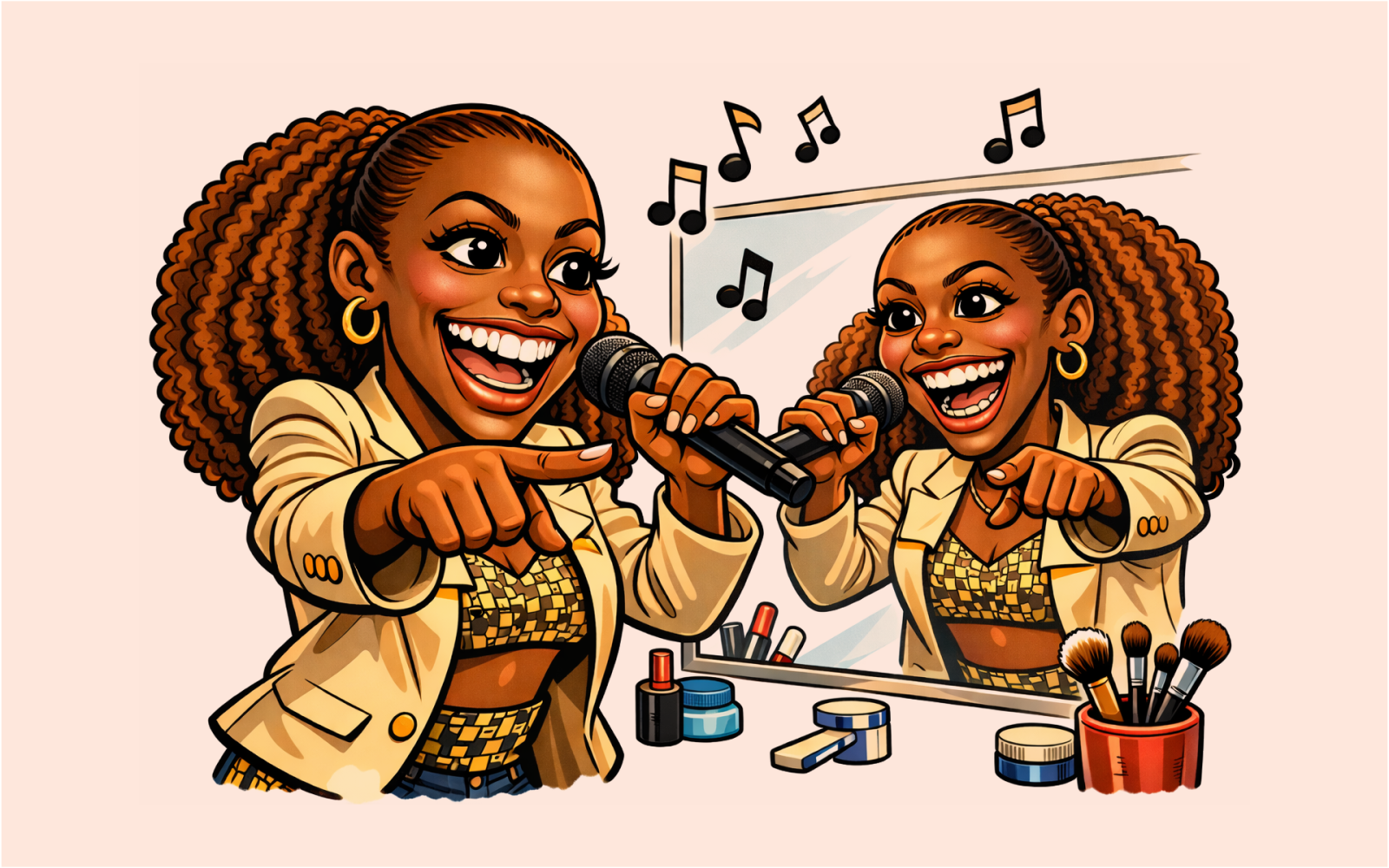Why I’m teaching my toddlers the money lessons I wish I’d learned

To begin with, no, not all coins are made of chocolate.
I would like to think that my only problem with money is maths. That all my challenges with budgets and saving come down to cold, hard numerals.
But numbers aren’t even the half of it. Money is so much more than numbers. Money is intrinsically tied to emotions, freedom, happiness, and a sense of worth and pride.
Money is the wireless earphones, the barista-brewed coffee, the schools your kids attend. Money is even, I kid you not, dropping a line like, “We keep losing champagne glasses, so for our child’s 4th birthday party, we just bought a hundred. It’s easier this way!”
As I teach my toddler about budgeting, I face a dilemma. Should I say, “We can’t afford that!” when she wants her favourite crackers, yoghurt, and cheese puffs at Woolies?
Or should I explain saving by saying, “That’s not in our budget for today, but we can get them next time!” even though we don’t have a budget and every shopping trip is filled with anxiety?
At least, that’s my take. I know some people have real budgets that they follow. Like, in a spreadsheet, maybe?
My understanding of money was warped by my parents’ divorce. They pleaded poverty when it came to school fees, but somehow had money for home renovations and CDs from Look ‘n Listen.
I never saw their financial struggles affect their shopping habits, so I grew up unaware that being broke should influence your spending in real life.
Once, I spent my last few hundred Rand on a massage with my boyfriend. The “good feeling” of gifting a massage seemed more important than the cold, hard reality of shopping for food.
I am doing my best to teach my three daughters about money in a practical way that emphasises responsible spending. But this is difficult when money is an abstract concept.
To address this, I drew cash to pay my 4-year-old her pocket money in R5 coins. Coins feel more tangible than paper money, and paper money feels more real than cards.
It’s a slippery slope from having money to immediately spending it. Coins clink into my toddler’s money box as payment for her chores, but they sit there gathering dust.
Mommy taps to pay, and many places are going cashless. At what age can you get a bank account?
But coins aren’t real money either. I know this because my two-year-old twins keep trying to eat them. The only coins they’ve seen me handle are made of chocolate.
All of this means that math is not my only problem with money. It might be the least of my concerns. But hopefully, knowing this will give my daughters the chance to be different and better than me.




